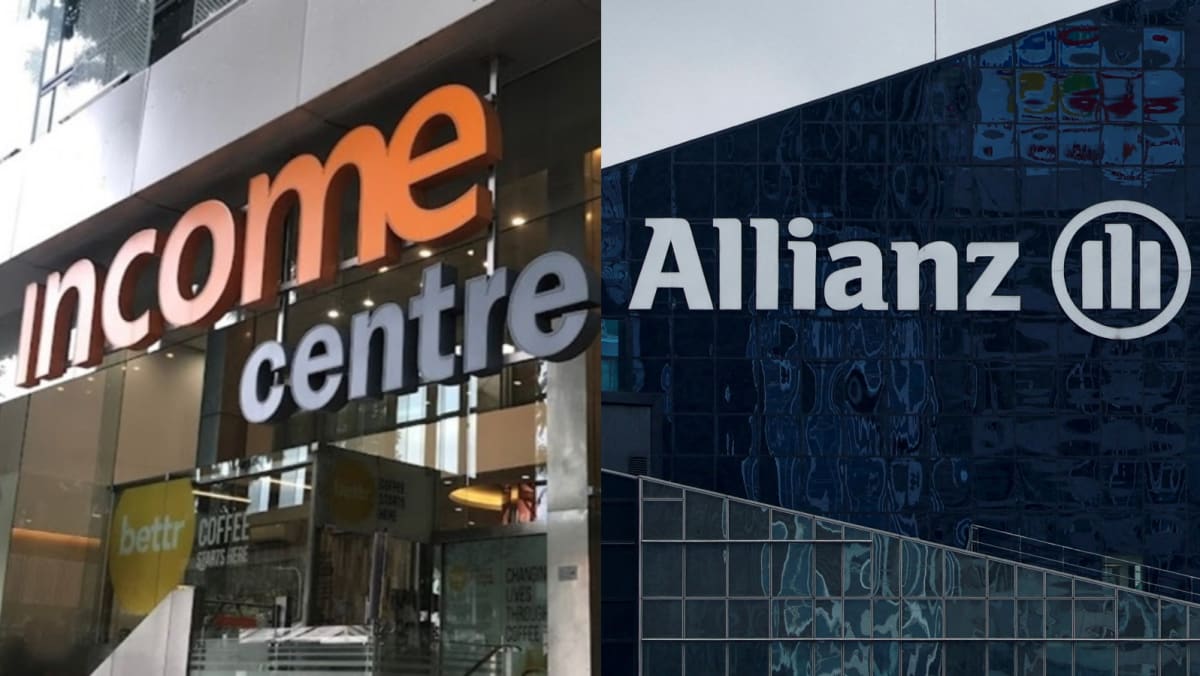Income was a co-operative when it was created in 1970 as NTUC Income Insurance Co-operative Limited.
Under Section 88 of the Co-operative Societies Act, if a co-op is wound up, members will be paid their capital and dividends up to a cap.
Beyond this limit, any surplus funds will be transferred to the Cooperative Societies Liquidation Account (CSLA), which would benefit the co-op sector here.
In 2022, Income sought and received an exemption from the Act, letting it carry over about S$2 billion in surplus to the new corporate entity, instead of going into the CSLA.
However, the proposed Income-Allianz deal sought to decrease the capital held by Income, returning some S$1.85 billion to shareholders within three years.
This proposed capital reduction so soon after the transaction “runs counter” to the premise for why the exemption was given, said Mr Tong.
“It is also not clear what Income might do after the capital extraction, for example, to adjust or trim its insurance portfolio, and what impact this could have on policy holders,” he said.
Why decrease capital?
When corporatising in 2022, Income argued that it was subject to similar regulatory demands, sector competition and challenges like other commercial insurers, despite being able to tap only on capital from its members.
Corporatisation would let it access capital from other investors to grow its business, including rolling out new digital products and also expanding beyond Singapore.
Removal of capital does not necessarily make the company weaker, Associate Professor Koh SzeKee, director of the business, communication and design cluster in Singapore Institute of Technology, told CNA.
“On the contrary, it may strengthen it by ensuring capital is more efficiently deployed, hence enhancing returns to shareholders,” he said.
For instance, if a company has built up excess cash reserves, but it is not invested due to a lack of immediate opportunities, holding the sum could lead to a lower return on equity and dissatisfaction among shareholders, he explained.
“Returning this excess cash to shareholders allows them to invest their funds elsewhere, which could earn higher returns,” said Assoc Prof Koh.
How would social and prudential considerations differ?
Mr Tong had also noted that “there are no clear binding provisions or structural protections in the deal to ensure that Income’s social mission will be discharged” if the deal had gone through.
Assoc Prof Koh explained that while prudential considerations focus on financial health, risk management and operational sustainability, social missions look at specific social, environmental or ethical goals and impact, with less emphasis on financial returns or profit maximisation.
“The relationships between prudential considerations and social mission can be complementary although there may be areas of tension,” he said.
Being financially sustainable in the long term, such as being able to attract funding or allocate resources efficiently, is equally relevant to socially oriented organisations.
“Potential tensions arise when certain financial goals or risk management strategies could lead to decisions that reduce or undermine the social impact of a mission, such as raising prices or cutting costs to improve financial sustainability and, as a result, making essential services less accessible,” said Assoc Prof Koh.
What will happen to Income and its policyholders now?
Mr Chee said existing policyholders of Income need not be concerned as MAS will continue to regulate the insurer as a licensee.
“Income has sufficient resources to meet the necessary capital adequacy ratio, which means it has enough capital to meet its liabilities and also to pay out to policyholders,” he said.
Following Mr Tong’s announcement, Income said it respects the government’s decision and appreciates its understanding of both the purpose of its 2022 corporatisation exercise and its plans to partner with Allianz.
“Income Insurance recognises that the voluntary cash general offer from Allianz is pre-conditional and subject to regulatory approval,” it said.
“Given the latest developments, Income Insurance will review and take into consideration the forthcoming amendments to the Insurance Act and work closely with relevant stakeholders to study and decide on the next course of action.”
Mr Tong had said that the government remains open to new arrangements between the two parties if the concerns highlighted are fully addressed.













